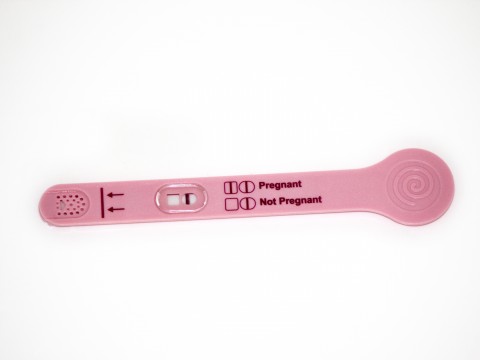Infertility is a Heartbreaking Experience
Infertility is a heartbreaking experience for many women who desperately want to have a baby. The Centers for Disease Control and Prevention (CDC) estimate that 7.3 million “American women between age 15 and 44 suffer from fertility problems, and 2.1 women are infertile. You are diagnosed as infertile when you’re unable to get pregnant for at least 12 consecutive months of trying. In one-third of infertility cases, the problem can be traced to the woman. Sometimes, no reason can be determined.

Advances in Reproductive Medicine
With more women delaying childbearing, infertility rates have increased drastically in the past several decades. Fortunately, with advances in reproductive medicine, doctors can help infertile couples become pregnant. Fertility drugs and in vitro fertilization (IVF) are two methods of helping couples conceive. Although assisted reproductive technologies exist, they do have high failure rates. For example, IVF is only effective 30 percent of the time and that’s if the woman is under age 35. For women who are between 35 and 37, IVF is successful in 25 percent of cases. The older you are, the lower your IVF success. It may take several rounds of in vitro fertilization before you’re able to conceive.
Failed IVF Rounds
Failed IVF rounds can have a negative effect on a woman’s emotional health. Researchers have noted a link between infertility and psychiatric illness, such as depression and anxiety. Infertile women typically show higher levels of disappointment and emotional distress than their male partners. It’s not uncommon for these women to fall into major depression. Previous research has found that infertile women undergoing IVF were more depressed, had less confidence, and experienced lower self-esteem compared to fertile women. After a failed IVF cycle, these infertile women experienced even lower self-esteem and faced deeper depression than before their treatment.
Depression Stemming from Infertility Issues
Depression stemming from infertility issues can last for weeks or months after the failed IVF cycle. This depression can negatively impact a woman’s career. The infertile woman may become so distracted that she cannot focus on projects at work. Similarly, she may find that she’s not motivated to perform her job, and her job performance can suffer dramatically. Under this circumstance, the infertile woman may be at risk of losing her job.
Even if depression is not a problem for the woman, if she’s undergoing IVF or another assisted reproductive technology, she may be forced to miss work to go to her medical appointments. All of this missed work may reflect poorly on her work ethic. Some supervisors are understanding when it comes to personal problems; others are not. If the woman has a boss who is all business, these missed work days may also put her at risk for termination.